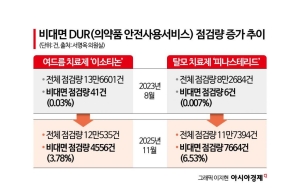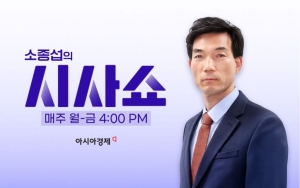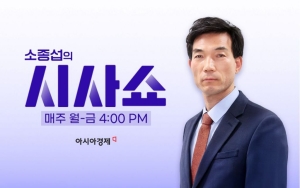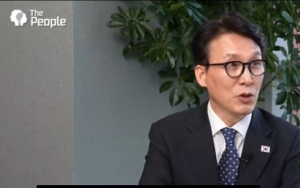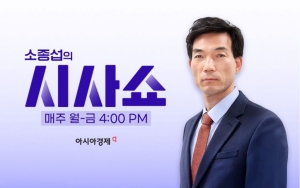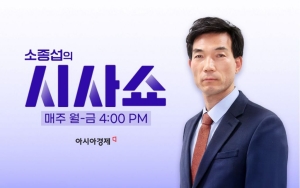[아시아경제 정선은 기자]다음은 26일 와이오밍주 잭슨홀에서 개최된 미 연준의 연례 심포지엄에서 행한 벤 버냉키 의장의 연설 발췌문이다.
On why the recovery has been slow:
Historically, recessions have typically sowed the seeds of their own recoveries as reduced spending on investment, housing, and consumer durables generates pent-up demand. As the business cycle bottoms out and confidence returns, this pent-up demand, often augmented by the effects of stimulative monetary and fiscal policies, is met through increased production and hiring. Increased production in turn boosts business revenues and household incomes and provides further impetus to business and household spending. Improving income prospects and balance sheets also make households and businesses more creditworthy, and financial institutions become more willing to lend. Normally, these developments create a virtuous circle of rising incomes and profits, more supportive financial and credit conditions, and lower uncertainty, allowing the process of recovery to develop momentum.
These restorative forces are at work today, and they will continue to promote recovery over time. Unfortunately, the recession, besides being extraordinarily severe as well as global in scope, was also unusual in being associated with both a very deep slump in the housing market and a historic financial crisis. These two features of the downturn, individually and in combination, have acted to slow the natural recovery process.
On what actions the Fed could take:
In addition to refining our forward guidance, the Federal Reserve has a range of tools that could be used to provide additional monetary stimulus. We discussed the relative merits and costs of such tools at our August meeting. We will continue to consider those and other pertinent issues, including of course economic and financial developments, at our meeting in September, which has been scheduled for two days (the 20th and the 21st) instead of one to allow a fuller discussion. The Committee will continue to assess the economic outlook in light of incoming information and is prepared to employ its tools as appropriate to promote a stronger economic recovery in a context of price stability.
On the long-term potential of the U.S. economy:
This economic healing will take a while, and there may be setbacks along the way. Moreover, we will need to remain alert to risks to the recovery, including financial risks. However, with one possible exception on which I will elaborate in a moment, the healing process should not leave major scars. Notwithstanding the trauma of the crisis and the recession, the U.S. economy remains the largest in the world, with a highly diverse mix of industries and a degree of international competitiveness that, if anything, has improved in recent years. Our economy retains its traditional advantages of a strong market orientation, a robust entrepreneurial culture, and flexible capital and labor markets. And our country remains a technological leader, with many of the world’s leading research universities and the highest spending on research and development of any nation.
On the recent debt-ceiling negotiations:
The country would be well served by a better process for making fiscal decisions. The negotiations that took place over the summer disrupted financial markets and probably the economy as well, and similar events in the future could, over time, seriously jeopardize the willingness of investors around the world to hold U.S. financial assets or to make direct investments in jobcreating U.S. businesses. Although details would have to be negotiated, fiscal policymakers could consider developing a more effective process that sets clear and transparent budget goals, together with budget mechanisms to establish the credibility of those goals. Of course, formal budget goals and mechanisms do not replace the need for fiscal policymakers to make the difficult choices that are needed to put the country’s fiscal house in order, which means that public understanding of and support for the goals of fiscal policy are crucial.XML
정선은 기자 dmsdlunl@
<ⓒ투자가를 위한 경제콘텐츠 플랫폼, 아시아경제(www.asiae.co.kr) 무단전재 배포금지>






![전문가 4인이 말하는 '의료 생태계의 대전환'[비대면진료의 미래⑥]](https://cwcontent.asiae.co.kr/asiaresize/319/2026013014211022823_1769750471.png)

